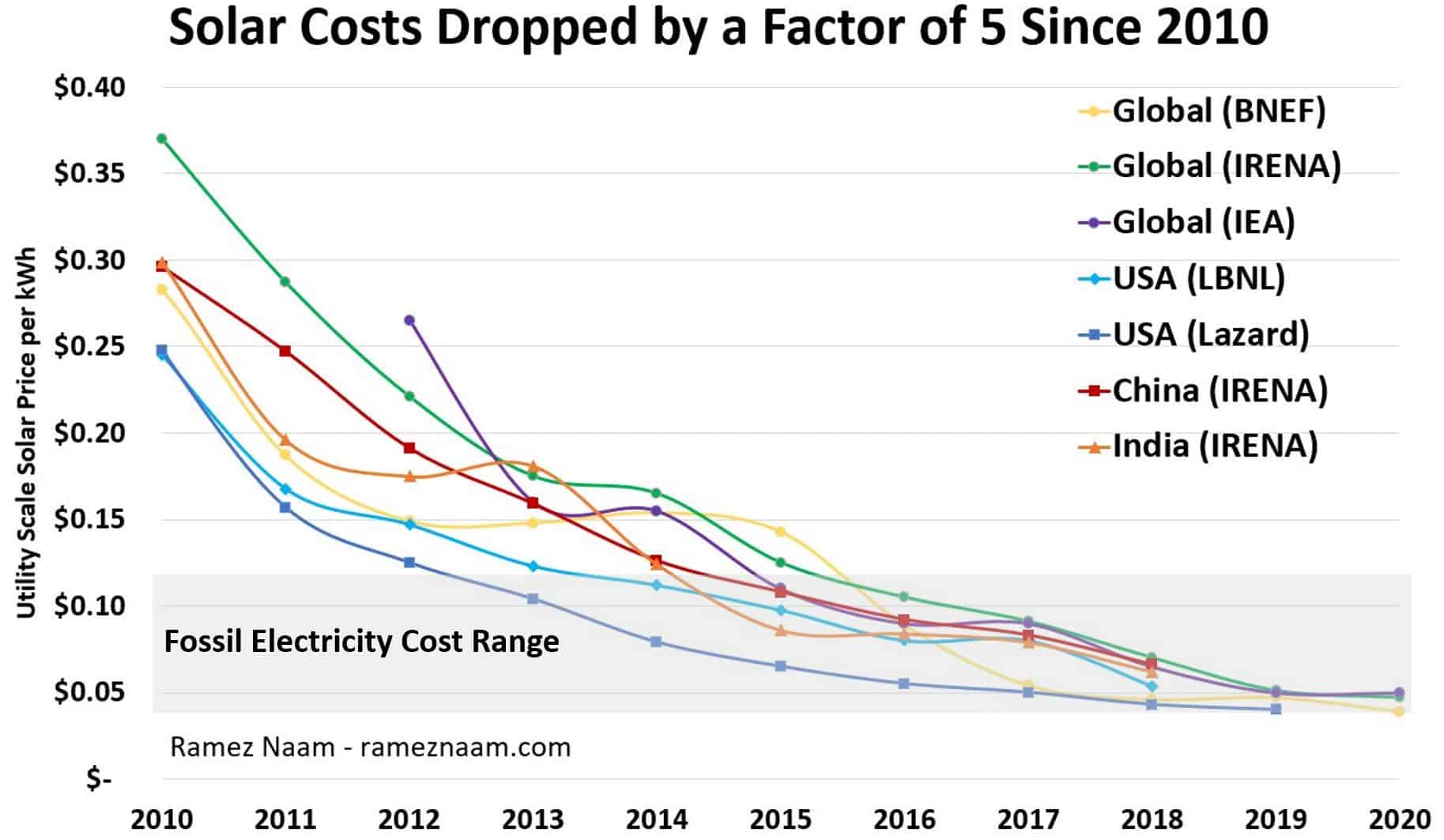DUBAI, United Arab Emirates — Hopes for a historic climate deal appeared dead.
The U.S., EU and a host of other countries were pushing for the COP28 summit, held in the glitzy petro-metropolis of Dubai, to yield a worldwide commitment to end the use of fossil fuels. But a fierce counterattack from Saudi Arabia and its oil-producing partners in OPEC had beaten that effort back — leading, by Monday night, to a draft agreement that one Pacific island minister
labeled a “death warrant” for communities threatened by the warming planet’s rising seas.
“I was very depressed,” Danish Climate Minister Dan Jørgensen said afterward.
It looked as though the Saudis had prevailed, just as they had succeeded three months earlier in defanging a fossil fuel proposal at G20 talks in Goa, India.
But by Wednesday morning, it all turned around. Nearly 200 nations, the Saudis included,
consented to a compromise deal that fell short of promising an end to fossil fuels — but which acknowledged, for the first time ever in any U.N. climate agreement, that the world must begin
“transitioning away” from them, starting this year.
That compromise came after a clutch of loose international coalitions scrambled to salvage the deal, with low-lying island nations, the European Union, the United States and even some wealthy fossil fuel producers joining in. The opposing blocs that faced off during a sleepless denouement revealed two global realities: The West, pushing a green economy on the world stage even as it pursues its own fossil fuel projects, was going up against resource-rich developing countries for whom oil, gas and coal are an essential economic lifeline.
The rescue effort included multiple attempts by U.S. special climate envoy John Kerry and other American officials to reach out directly to the Saudis, eventually settling on text in which continued fossil fuel use would be acceptable as a middle step toward a cleaner future. Among other officials, Kerry met with Abdulaziz bin Salman, the powerful Saudi energy minister.
Within hours, the compromise was sealed early Wednesday morning — and ratified, later that day, to a roomful of applause.
“There were times in the last 48 hours where some of us thought this could fail,” Kerry said.
The deal approved Wednesday is nonbinding, so there’s no guarantee that the Saudis — or, for that matter, the U.S. and U.K. — will shelve any of their planned oil and gas expansions to meet Wednesday’s pledge. Its real importance may not be clear until at least next year, when all countries are due to submit revised plans showing how they intend to cut greenhouse gas pollution in the coming decade.




